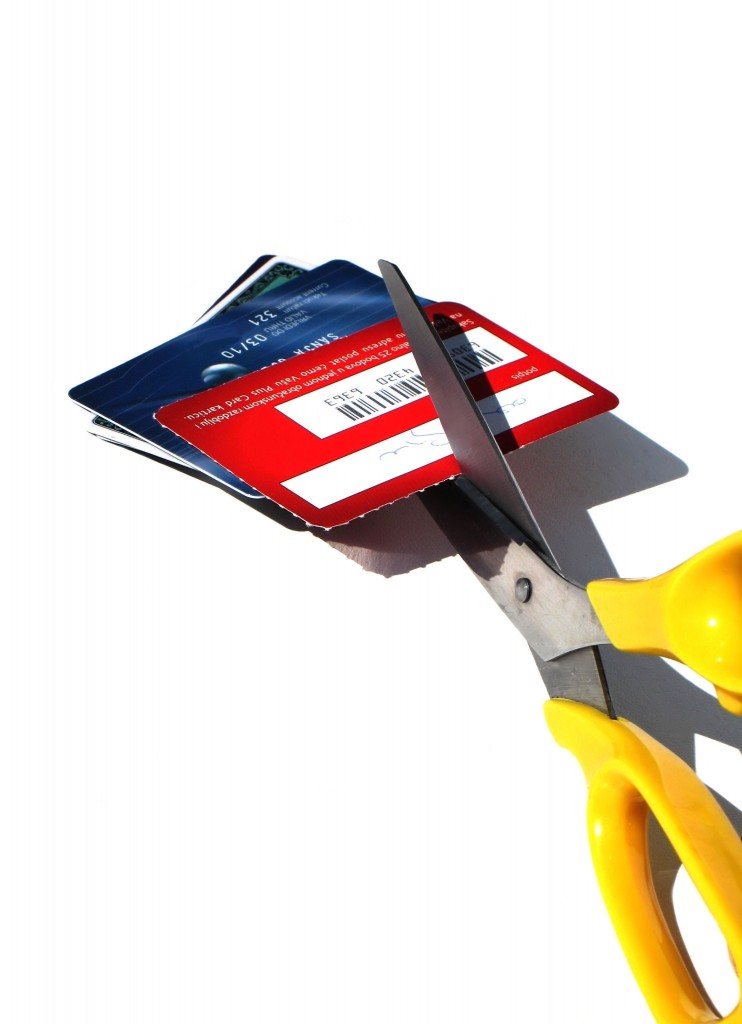Debt is a serious financial problem. According to Credit.com 80% of Americans are in debt, 44% have mortgage debt, 41% of millennials have student loan debt, 41% have car loans and 39% have credit card debt. According to Bloomberg, one in 7 American Households has a negative net worth (i.e. they owe more than they own). While some people are simply spread thin by having too many bills or high credit card payments, others are unable to make the minimum monthly payments. When this happens, you may fall deeper into debt each month, and you may be wondering what steps you can take to re-gain control over your finances or to find relief from your burdensome debt issue.
Update Your Budget

Consolidate Debts
If your budget indicates that a large portion of your expenses involve credit card debt or medical bills, a smart idea may be to consolidate your debts. If you have a good credit score, you may be able to use a credit card with an available balance, and do an interest free balance transfer. Then you can use the grace period to pay off the balance. If you don’t have that great a credit rating you may be able to use the equity in your home to consolidate debts or to apply for a personal installment loan through a bank. These steps could lower your overall monthly expenses and help you to regain control of your finances.
Work With a Credit Counselor
In some cases, these solutions are not effective, and more significant debt relief is needed. A licensed credit counselor may help you to identify feasible financial solutions for your issue. Some debt relief solutions are scams, so always look for a reputable credit counselor that offers legitimate services.
Consider Bankruptcy
Bankruptcy is a last resort to obtain debt relief, so this step should not be taken lightly. It can have long-term ramifications on your life. It is wise to consult with an attorney.The Law Office of Barbara B. Braziel, says “Your attorney will guide you through every step of the way. They will study your situation and tailor a plan that fits you and your family’s needs. Most offer a free and confidential initial consultation. They can help you decide whether a Chapter 7 or Chapter 13 bankruptcy is right for you.”
While many people struggle with debts, the severity of the issue can vary from person to person. There is no single solution that is right for everyone. Therefore, it is necessary for you to understand your current financial situation and the pros and cons of the options available to you before you decide how to proceed.
You might also like:


